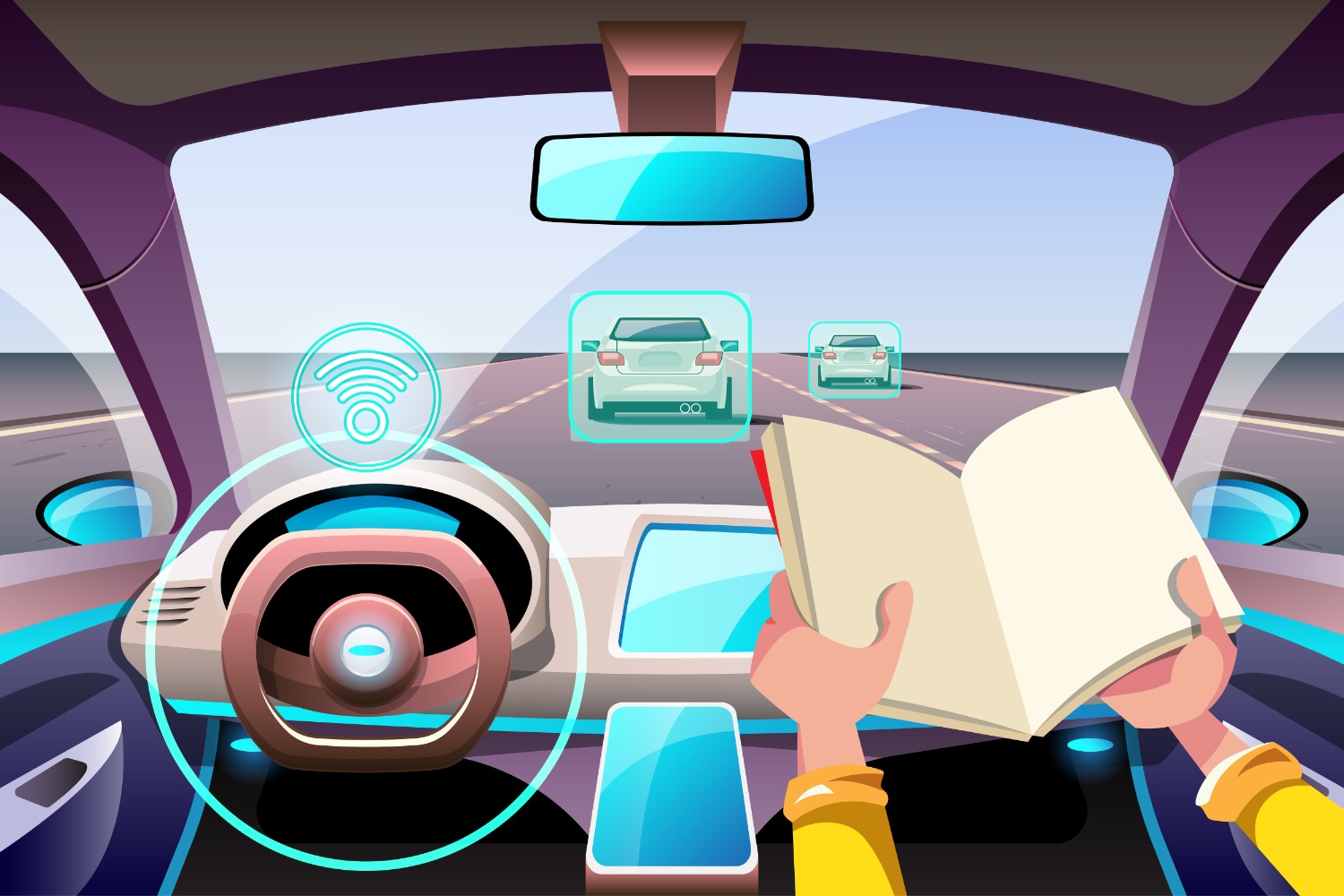
Autonomous Cars: A Simple Overview
Autonomous cars, also known as self-driving cars, are a major development in the automotive industry. These cars can navigate and drive themselves without human intervention. This technology has been in the making for over a decade, and it promises many benefits.
Even though some people are skeptical about the safety of autonomous cars, findings from recent studies show that these vehicles can significantly decrease the number of road accidents. This is because autonomous cars are designed to follow traffic rules strictly and can brake instantly if necessary, preventing collisions.
One of the significant advantages of autonomous cars is the reduction in pollution. These vehicles are often electric, which means they do not emit harmful gases. Either way, they contribute to a cleaner environment.
Another benefit is the convenience they offer. Imagine a car that can deliver you to your destination while you sit back and relax. You no longer need to worry about fastening your seatbelt or finding a parking spot. Once you arrive, the car can park itself in the garage or a private parking space.
However, the transition to autonomous cars also brings challenges. Conditions like heavy rain or snow can block the car's sensors, making it difficult to navigate. Additionally, there are financial concerns regarding the cost of these high-tech vehicles.
Security is another issue. For example, if a car's system detects an alarm, it must know how to respond appropriately. Moreover, if a car were to malfunction or explode, the consequences could be severe.
Despite these challenges, the development of autonomous cars continues. As technology improves, these vehicles are expected to become a common sight on our roads.



